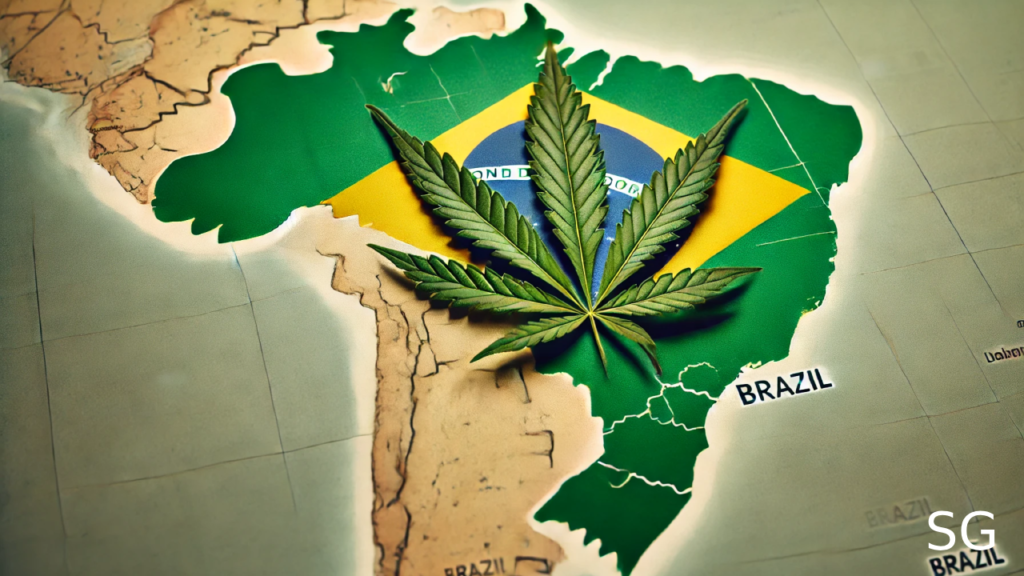Table of Contents

Brazil Prepares for Cannabis Research and Cultivation
Embrapa’s Initiative for Cannabis Research
Brazil’s agricultural research agency, Embrapa, is preparing a 12-year research program aimed at advancing cannabis cultivation. Having played a crucial role in Brazil’s rise as a leading grains exporter, Embrapa seeks to develop cannabis varieties suited to the country’s diverse climates.
Awaiting Regulatory Approval
Embrapa scientists anticipate approval from the national health agency, Anvisa, to proceed with cannabis research. If granted, this initiative could lead to significant advancements in cannabis breeding, similar to what has been achieved with crops like cotton over the past five decades.
Key Research Goals
The research program will focus on:
- Developing a cannabis seed bank.
- Adapting cannabis strains to Brazil’s climate and soil conditions.
- Establishing regional cannabis production hubs across the country.
Industry Interest and Potential Applications
Approximately ten domestic and international companies have expressed interest in collaborating with Embrapa on cannabis research. Potential applications include:
- Medical and pharmaceutical products.
- Food and nutrition-related innovations.
- Agricultural benefits such as crop rotation and soil carbon fixation.
Historical Agricultural Success and Future Prospects
Embrapa’s past efforts have been instrumental in Brazil’s agricultural growth. The adaptation of soybeans to Brazilian conditions led to a tenfold increase in production, making Brazil the world’s top soy producer. The agency aims for similar success with cannabis.
Legal Framework and Hemp Production
A Brazilian higher court ruling in November legalized hemp cultivation for medicinal use, requiring Anvisa to set regulations by May. There is a possibility of a six-month extension pending court deliberations.
Currently, recreational marijuana remains illegal in Brazil. However, the ruling allows for hemp cultivation, provided it contains less than 0.3% THC. Hemp’s potential uses include cannabidiol (CBD) extraction for medical treatments and industrial applications such as fiber production.
Potential for Large-Scale Hemp Industry
Industry leaders foresee large-scale hemp production supporting various sectors, including paper, textiles, and food. However, initial regulations may restrict cultivation to small, controlled environments suitable for pharmaceutical production.
Brazil’s Position in the Global Market
Brazil’s largest trading partner, China, is the world’s top hemp producer and exporter. Other countries, such as France and Paraguay, have also authorized hemp cultivation for industrial and medicinal purposes. Brazil’s entry into the sector could reshape regional and global market dynamics, potentially positioning the country as a key player in cannabis research and production.
“Brazil Prepares for Cannabis Research and Cultivation” “Brazil Prepares for Cannabis Research and Cultivation” “Brazil Prepares for Cannabis Research and Cultivation”